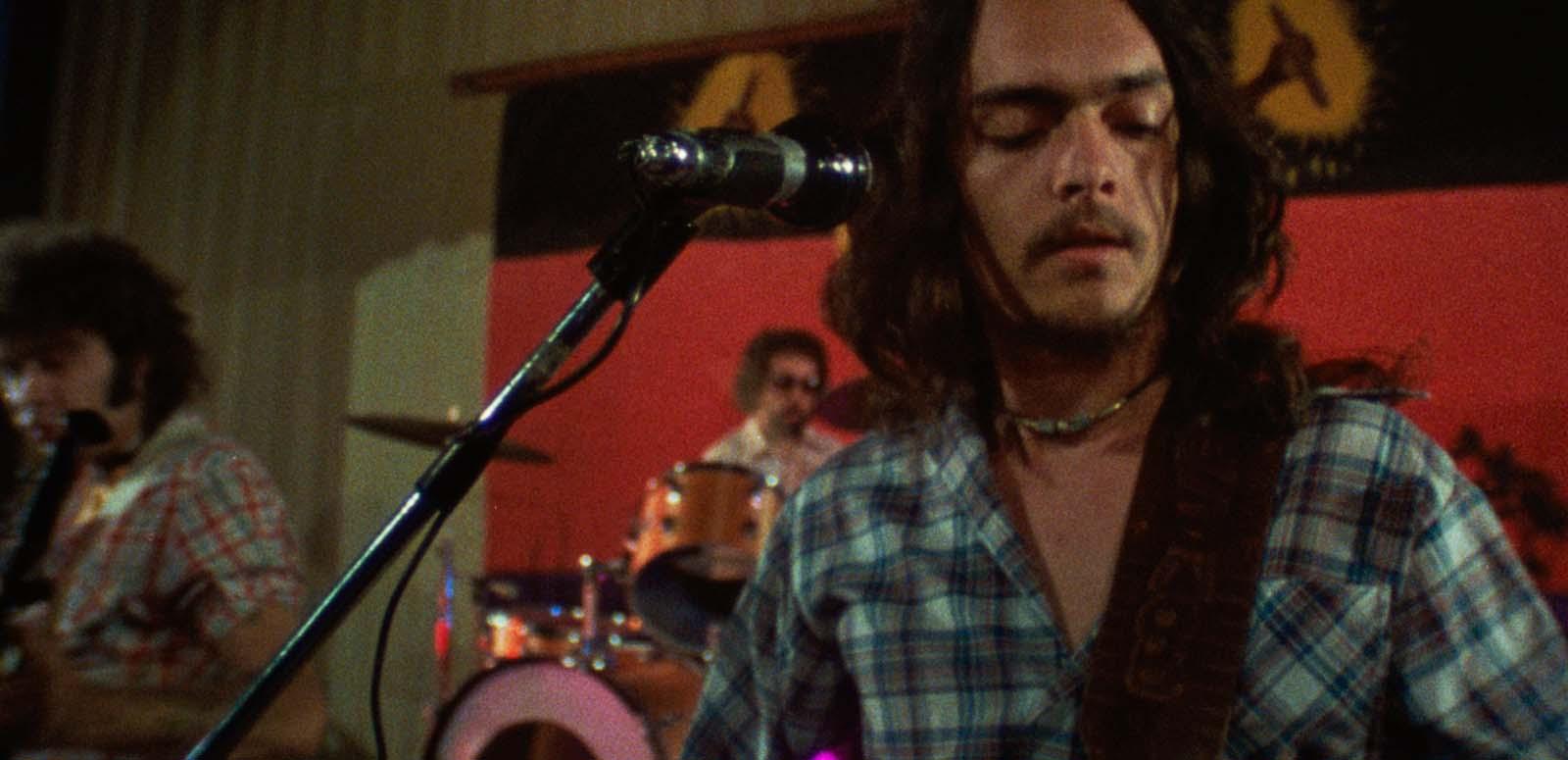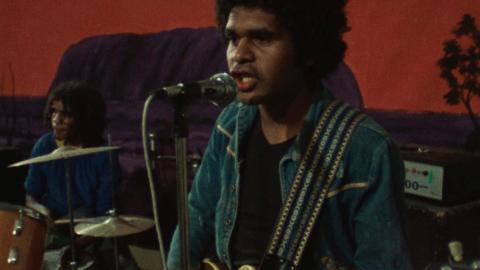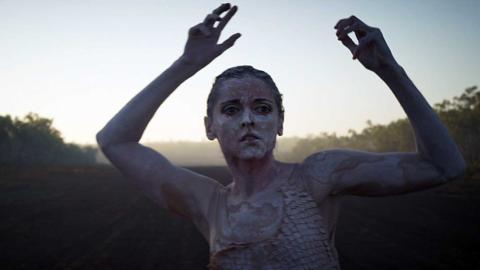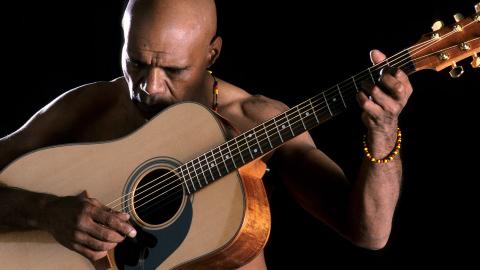The premiere of the digitally restored groundbreaking film Wrong Side of the Road (Ned Lander, Australia, 1981) at the 60th Sydney Film Festival in 2013 gave the NFSA a unique opportunity to not only celebrate the restoration of this important film, but to recognise the achievements of those involved and to honour the memory of those that have passed.
Warning: this article may contain names, images or voices of deceased Aboriginal and Torres Strait Islander people.





